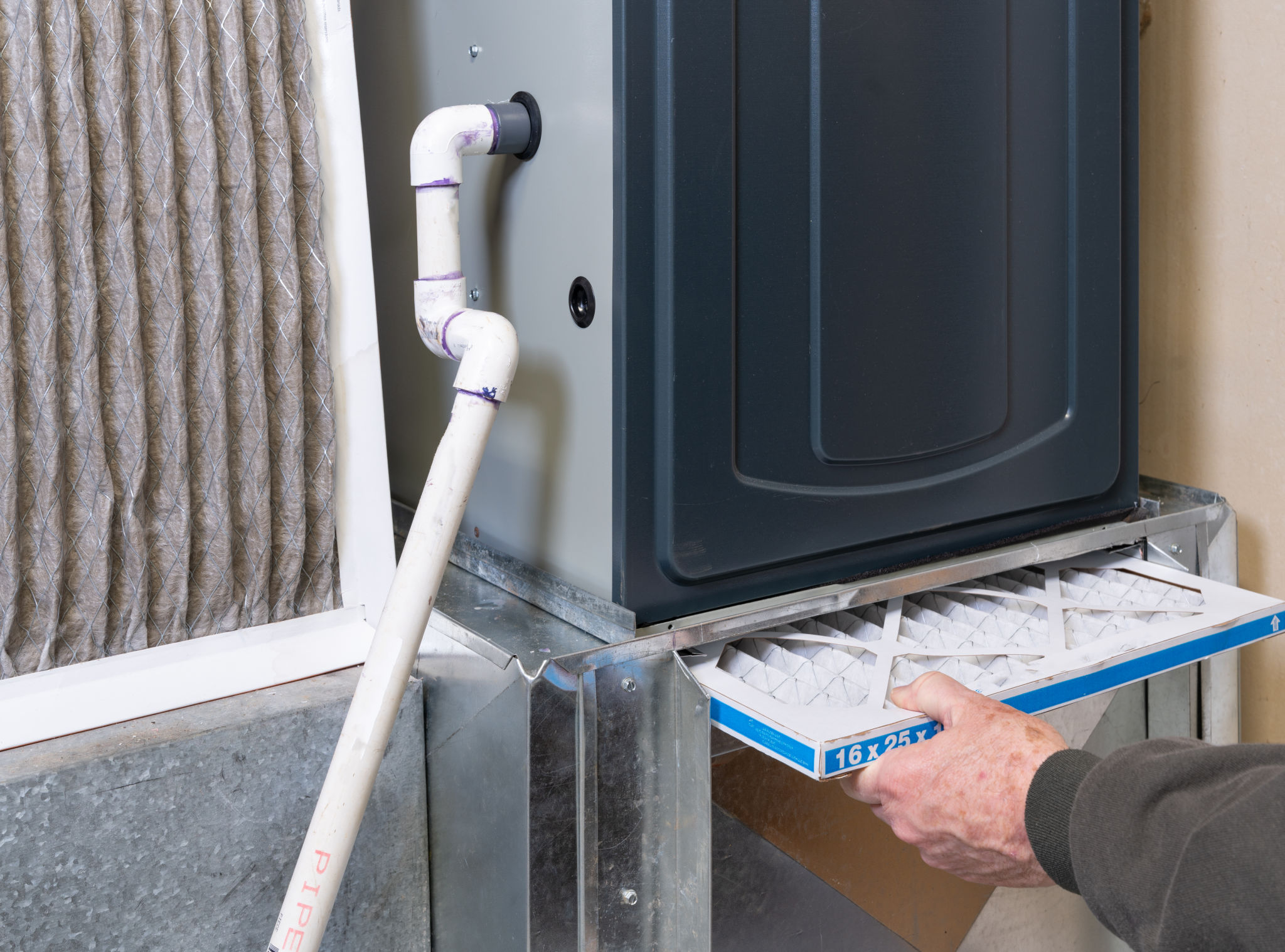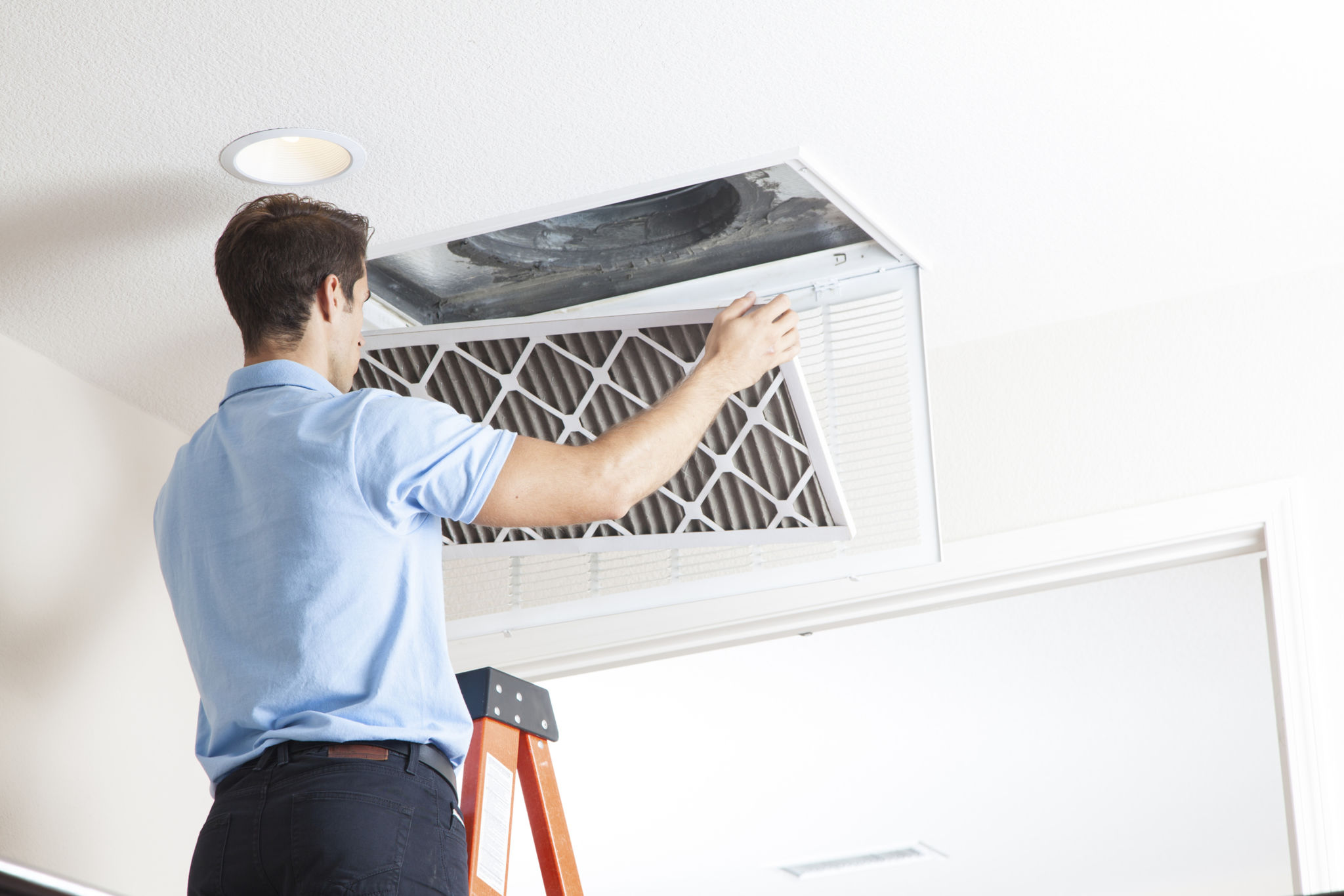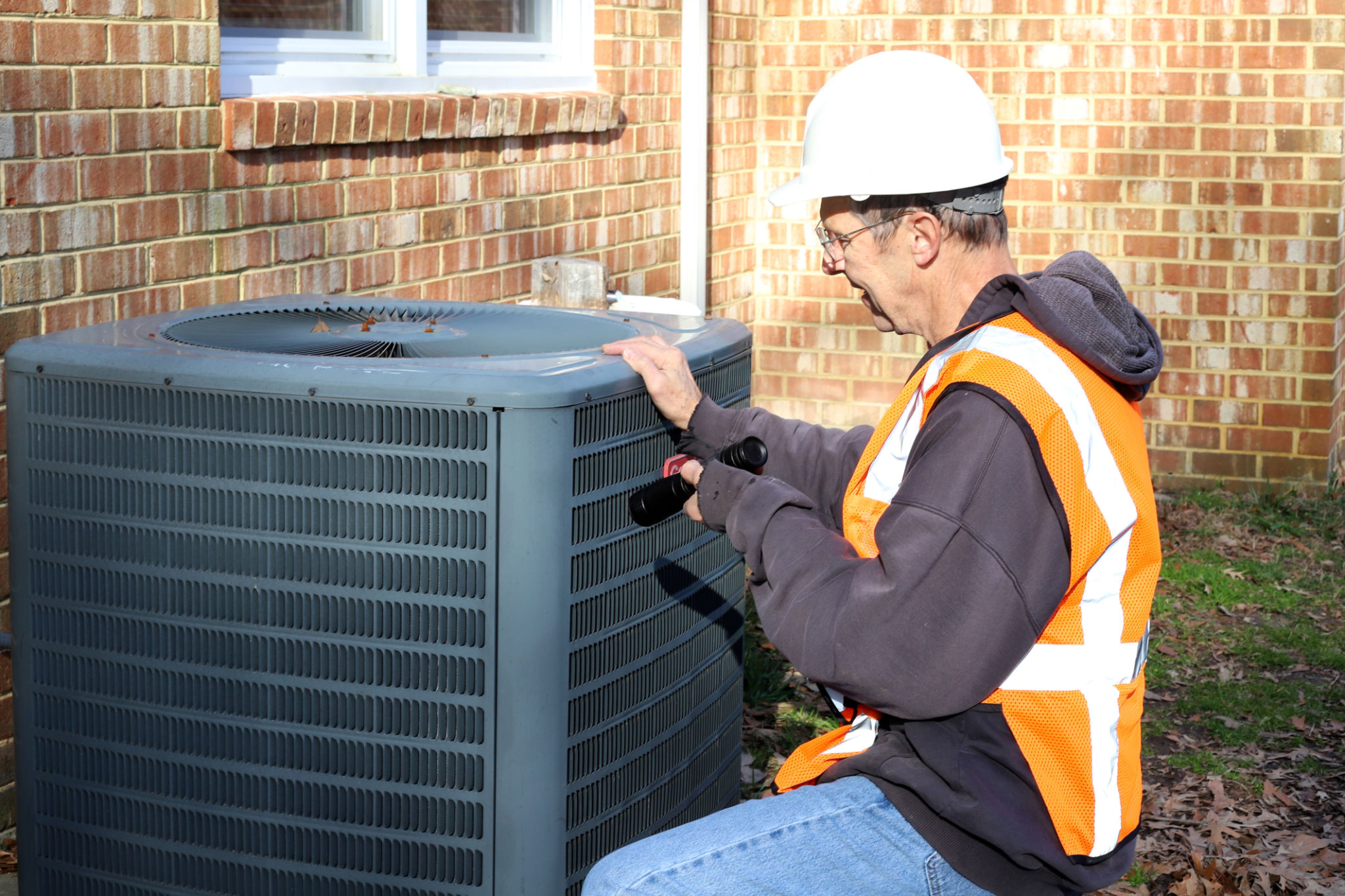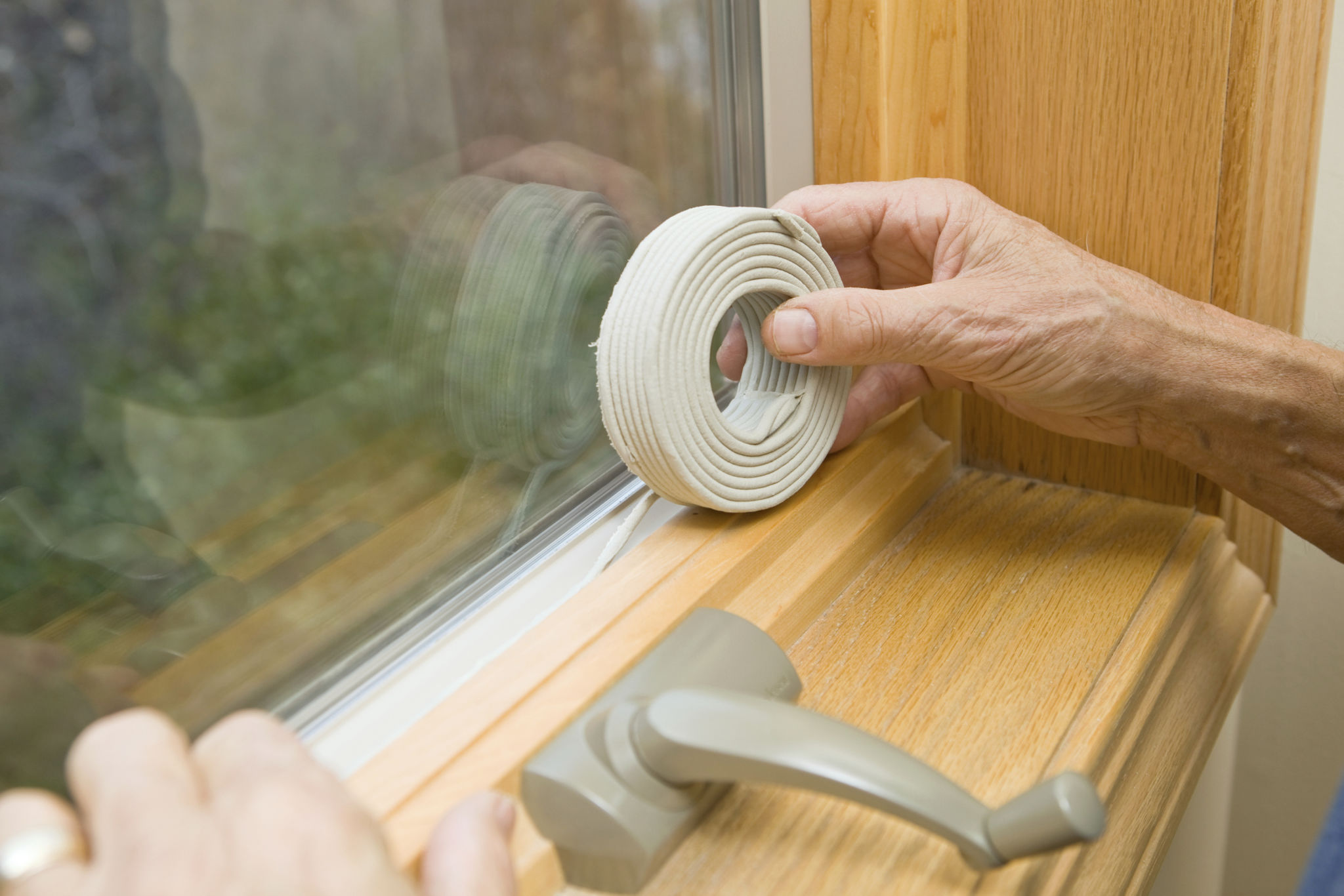DIY HVAC Maintenance Tips for Homeowners in Travis County
Regular Filter Replacement
One of the simplest yet most effective DIY HVAC maintenance tasks is regularly replacing your air filters. Over time, filters become clogged with dust, dirt, and other particles, which can hinder airflow and reduce the efficiency of your system. Aim to replace your filters at least every three months, or more frequently if you have pets or allergies.
To replace your filter, begin by turning off your HVAC system. Locate the filter compartment, remove the old filter, and insert a new one, ensuring it’s the correct size and orientation. A clean filter will enhance your system's performance and improve indoor air quality.

Keep Outdoor Units Clear
Your HVAC system's outdoor unit needs ample space and airflow to function effectively. Ensure there are no obstructions around the unit, such as leaves, grass clippings, or debris. Ideally, there should be at least two feet of clearance on all sides of the unit.
Regularly check and clean the area around your outdoor unit. Trim back any overgrown vegetation and remove any debris that may have accumulated. This simple task can significantly enhance the efficiency and lifespan of your HVAC system.
Inspect and Clean Ductwork
Ductwork is a crucial component of your HVAC system, responsible for distributing air throughout your home. Over time, ducts can accumulate dust and debris, which can impact air quality and system efficiency. Inspect your ductwork for visible dirt or leaks.
If you notice dust buildup, consider cleaning the ducts using a vacuum with a long hose attachment. For more extensive cleaning or if you discover leaks, it might be best to consult a professional. Clean ductwork will ensure efficient airflow and improve indoor air quality.

Check Thermostat Settings
Your thermostat plays a vital role in regulating your home's temperature. Ensure it's functioning correctly by checking the settings and replacing the batteries if needed. Consider upgrading to a programmable thermostat for better energy efficiency and convenience.
A programmable thermostat allows you to set different temperatures for various times of the day, optimizing comfort while reducing energy usage. This small investment can lead to significant savings on your utility bills over time.
Listen for Unusual Noises
Unusual noises coming from your HVAC system can be an early indicator of potential issues. Listen for any grinding, squealing, or banging sounds when your system is in operation. These noises could suggest problems with the motor, fan blades, or belts.
If you hear anything unusual, it's important to address it promptly to prevent further damage. While some minor issues can be resolved with DIY methods, more complex problems may require professional assistance.

Schedule Regular Professional Maintenance
While many HVAC maintenance tasks can be performed by homeowners, it's crucial to schedule regular professional maintenance at least once a year. A certified technician will conduct a thorough inspection and tune-up of your system, identifying and addressing any potential issues before they escalate.
Professional maintenance not only ensures optimal performance but also extends the lifespan of your HVAC system. It's a worthwhile investment that can save you money on energy bills and costly repairs in the long run.
Seal Windows and Doors
Efficiency isn't just about maintaining your HVAC unit; it's also about ensuring your home is well-sealed to prevent energy loss. Check windows and doors for drafts and apply weatherstripping or caulking where necessary to keep conditioned air inside.
Proper sealing reduces the strain on your HVAC system, as it won't need to work as hard to maintain comfortable indoor temperatures. This simple step can lead to noticeable improvements in energy efficiency.

Monitor Energy Bills
Keeping an eye on your monthly energy bills can provide valuable insights into your HVAC system's performance. Sudden spikes in energy consumption may indicate an issue with your system's efficiency.
If you notice an unexplained increase in your bills, it's time to investigate further. Checking filters, ductwork, and thermostat settings can often reveal the source of inefficiency. If the problem persists, consult a professional to diagnose any underlying issues.
